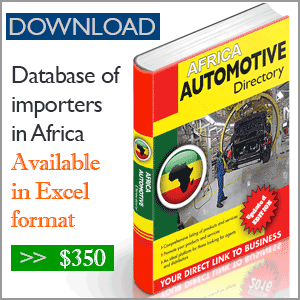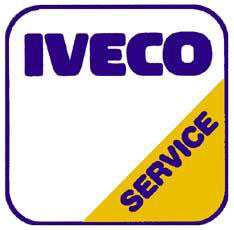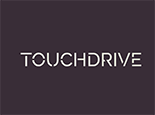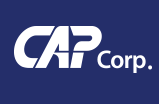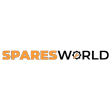Why Register?
- List Your Business
- Business Matchmaking
- WhatsApp Chat
- Personal Messaging
- Showcase Your Products

Product Pictures
Our aim is to facilitate the production of components and vehicles of internatinal standard at competitive prices by the Nigerian automotive industry.
The Automotive Industry in Nigeria dates back to early 1960s when private companies like UAC, Leventis, SCOA, BEWAC and R.T. Briscoe pioneered the establishment of Auto Assembly Plants using Completely Knocked Down (CKD) or Semi-Knocked Down (SKD) parts.
Government however, became involved in the industry between 1970-1980 when it concluded agreements with a number of Automobile Plants in Europe to set up 2 cars and 4 truck/light commercial vehicles assembly plants using Completely Knocked Down (CKD) Parts.
The 2 car plants are Peugeot Nigeria Ltd. (PAN), Kaduna, and Volkswagen of Nigeria Ltd. (VWON) Lagos. The 4 truck plants are Anambra Motor Manufacturing Company (ANAMMCO), Enugu, Styer Nigeria Ltd., Bauchi, National Truck Manufacturers (NTM), Kano, and Leyland Nigeria Ltd., Ibadan. These car and truck/light commercial vehicle plants were all privatised by the end of 2007.
In 1982, the Federal Government completed agreements with five manufacturers for the establishment of the following five light commercial vehicle assembly plants: Mitsubishi in Ilorin, Nissan in Minna, Peugeot in Gusau, Isuzu in Maiduguri and Mazda in Umuahia.
However, they were not established, though GM subsequently entered into partnership with UAC to produce Isuzu by FMI of UAC, which later became GM Nigeria Ltd.
The Nigerian automotive Industry has installed capacity to produce 108,000 cars, 56,000 commercial vehicles, 10,000 tractors, 1,000,000 motor cycles and 1,000,000 bicycles annually. Capacity utilisation in vehicle manufacture is below 10% and about 40% in motorcycle, bicycle and components parts manufacturing.
The current vehicle inflow into the economy is about 50,000 new and 150,000 used ones. This translates into about 100,000 units of new vehicles annually and is set to rise as the economy improves. The ECOWAS countries are current and potential customers for our auto products.





